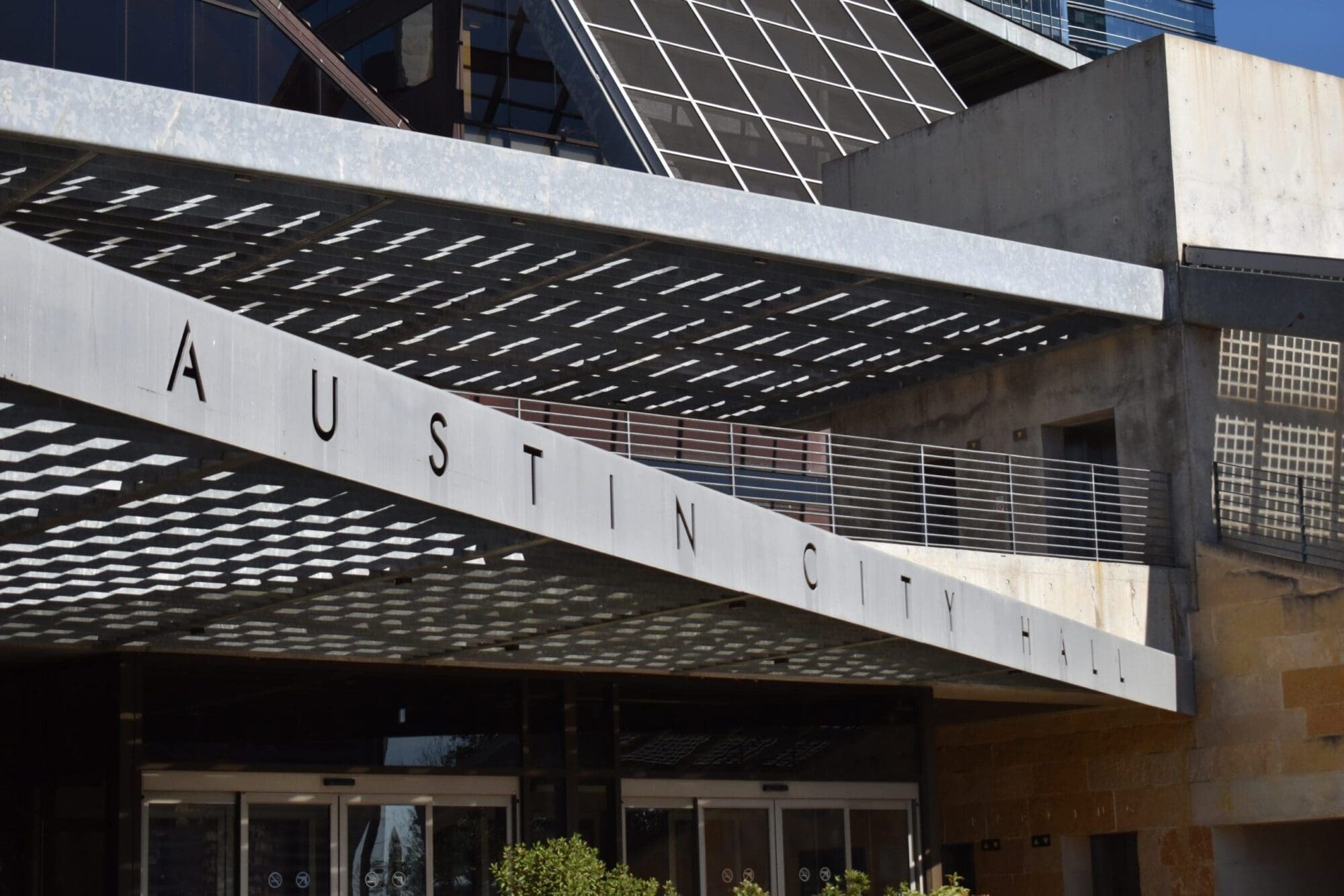Despite the declining enrollment their own figures predict will continue for the next ten years, Austin Independent School District is asking voters to authorize its largest bond package in history.
In November, Austin residents will vote on a massive school district bond for AISD totaling over $1 billion without interest – the largest in the district’s history. The ambitious package contains 32 different projects – including 8 new schools, new facilities, and tons of ‘modernization’ updates to existing campuses.
AISD is bragging that the additional $1 billion in debt spending won’t require them to raise the tax rate at all because they can use some leftover bonds.
Of course, that doesn’t make it free for taxpayers. Anything but – after all, this is still over $1 billion in obligations at their expense.
Firstly, these figures are all predicated on appreciating home values (up by about 11.4% versus last year based on AISD’s own predictions), which have been causing Austinites’ property tax burdens to skyrocket over the years.
So even with a static tax rate, AISD is still slated to take in more tax money from residents than the previous year – a trend which has also been going on for years now.
It’s worth mentioning that this bond is also intended to compensate for budgetary losses due to the state’s Robin Hood school finance system, which takes nearly a third of AISD’s budget every year. The difference is that those funds were interest-free.
With that in mind, we can move on to calculate the average payments homeowners will make on this debt. So, with the terms of the debt ($1,050,984,000 amortized at 5% for 25 years) compared against the expected taxable appraisal assessments, the repayment cost comes out to around $71.15 per 100,000 of valuation per year – or more simply, around $256 a year for the average homeowner.
That’s a rough estimate using AISD’s own data but it allows for a tangible conceptualization of the repayment cost that most homeowners will unwittingly assume as part of their larger property tax bill – which increases with every year.
And that’s all in spite of declining enrollment at AISD, which is expected to continue for the next ten years according to their own demographic report.
Ironically, the same report blames a lack of affordable housing for the declining numbers.
Which would be true – Austin easily has some of the least affordable housing in the state, in no small part due to the overwhelming myriad of local governments levying taxes and regulations on residents.
Unfortunately, even with that problem in perspective, none of those entities are willing to take any responsibility and do so much as even discuss property tax relief while Austin’s affordability continues to worsen.



